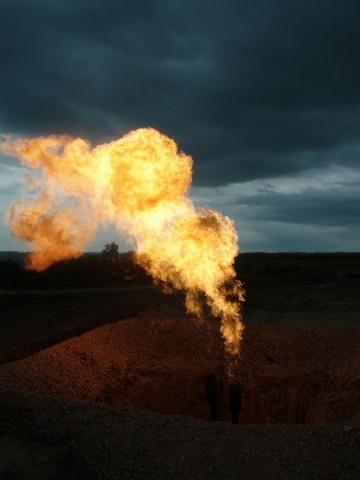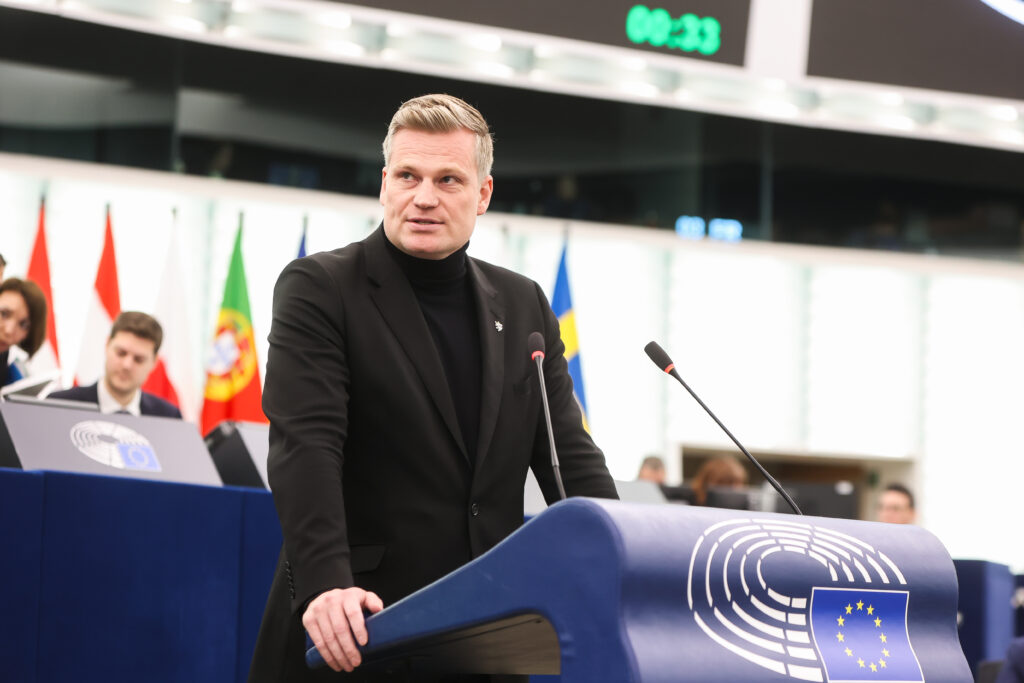On January 31, President Barack Obama’s U.S. State Department released its Final Environmental Impact Statement (FEIS) for the northern leg of TransCanada‘s proposed Keystone XL tar sands pipeline.
The State Department’s FEIS argues that the northern half of Keystone XL, if built, “remains unlikely to significantly impact the rate of extraction in the oil sands, or the continued demand for heavy crude oil at refineries in the United States.”
But flying under the media’s radar so far, the State Department review also highlights the prospect that Keystone XL will not only carry tar sands, but also be tapped to carry up to 100,000 barrels per day of oil extracted via hydraulic fracturing (“fracking”) from North Dakota’s Bakken Shale basin.
“[Keystone XL] would have the capacity to deliver up to 830,000 bpd, of which 730,000 bpd of capacity has been set aside for [tar sands] and the remaining 100,000 bpd of capacity set aside for [Bakken] crude oil,” the report details.
“[TransCanada] has represented that it has firm commitments to transport approximately 555,000 bpd of [tar sands], as well as 65,000 bpd of crude oil from the Bakken.”
A smaller proposed project owned by TransCanada called the Bakken MarketLink pipeline and incorporated as Keystone Marketlink LLC in February 2011, would ship the fracked oil to Keystone XL‘s northern leg as an “on ramp.”
“This project would include a 5-mile pipeline, pumps, meters, and storage tanks to supply Bakken crude oil to the proposed pipeline,” explains the FEIS.
For Bakken Fracked Oil, ‘No’ on KXL Means Rail
Many doubt that rail could ever replace pipeline as a viable marketing mechanism for Alberta’s tar sands. But few could argue the fact that rail reigns supreme for bringing Bakken fracked oil to market.
“Last November, rail shipped 71 percent — nearly 800,000 barrels of oil a day — of the Bakken’s oil, much of it on lines across Minnesota and Wisconsin, while pipelines shipped just 22 percent, according to estimates from the North Dakota Pipeline Authority,” explains the Duluth News Tribune.
The State Department FEIS suggests that if Keystone XL were never completed, the oil industry will instead ship the Bakken crude via rail. Both Union Pacific and Burlington Northern Santa Fe (BNSF) are mentioned by name as the potential corporate beneficiaries.
“One new rail loading terminal would be needed in Epping [in ND] to ship Bakken crude oil,” reads the FEIS. “Sufficient off-loading rail facilities currently exist or are proposed in the Gulf Coast area such that no new terminals would need to be built under this scenario.”
On December 30, 2013, a BNSF freight rail train carrying Bakken fracked oil exploded in Casselton, ND, spilling over 400,000 gallons of oil. In July 2013, 47 people were killed in Lac-Mégantic, Quebec by another “bomb train” carrying Bakken crude.
Subscribe to our newsletter
Stay up to date with DeSmog news and alerts







